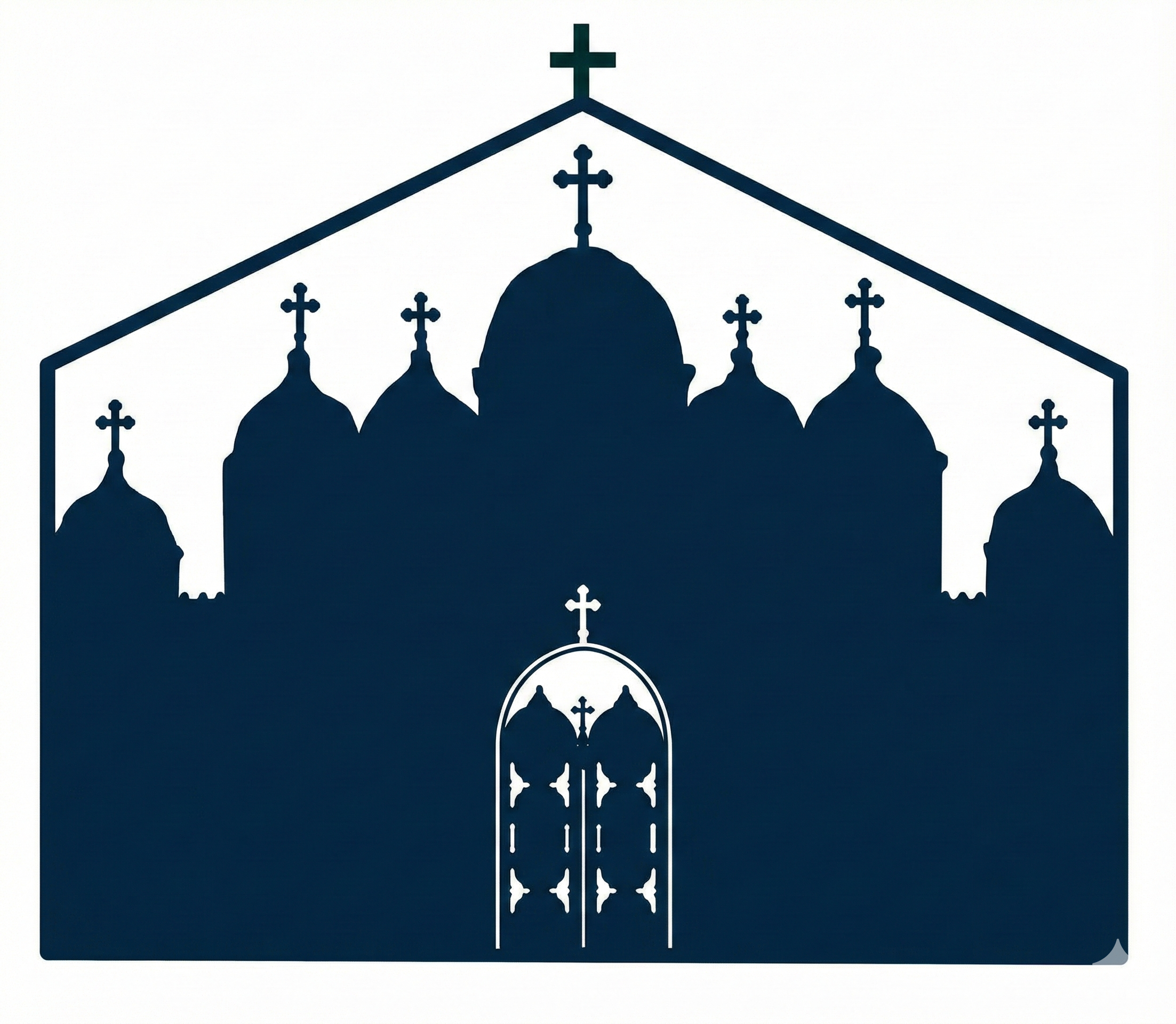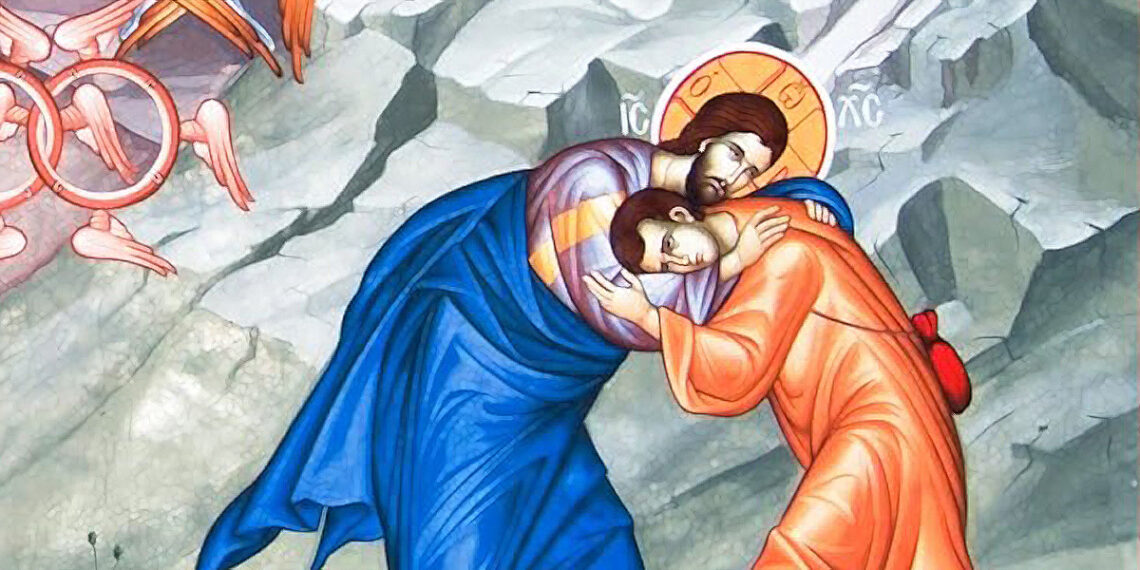📖 Luke 6:31-36
October 12, 2025 — Osaka Church
In the Name of the Father, and of the Son, and of the Holy Spirit
What credit is it if we love those who love us? Even sinners love those who love them. What credit is it if we do good to those who do good to us? Even sinners do that much. What credit is it if we lend to others, expecting to receive the same in return? Even sinners lend to others, expecting to receive the same in return.
“Loving those who love us,” “doing good to those who do good to us,” “lending with the expectation of receiving”—there’s nothing wrong with that, right?
However, if we turn this around, we see the terrifying reality of the world. It’s a way of life that “hates those who hate us,” “does evil to those who do evil to us,” and “doesn’t lend to those who are unlikely to repay.” This is an old way of life that has pervaded humanity and its world since ancient times and continues to do so today. Therefore, life is suffering, and the world is a stage of tragedy. It is an old way of life that takes this for granted and does not question it.
At the root of this oldness is actually a distortion in man’s relationship with God. Man even tries to make a deal with God. He believes that good deeds are rewarded and evil deeds are punished. He also believes that God is someone who lends with the intention of receiving it back. This is a relationship with God that lacks love and gratitude. Life is nothing more than a bleak place to rack up points. People’s thoughts are either the conceit of a good student or the fear and envy of an underachiever. Can someone who is not even grateful to God be grateful to others? Can someone who does not even love God love others? Can someone who closes himself off even to God share with others? This is the oldness of the fallen world that has infected all of humanity, plainly exposed by the legalistic lifestyle of the Jews at the time of Jesus.
In the midst of this oldness, Christ was born as “newness.” He taught this newness as “love that extends even to enemies,” and demonstrated it with his own example. The Lord willingly accepted the suffering of the Cross for those who did not love him— for those who hated and sought to kill him. In his agony, he prayed for them, and he died for them. At that moment, the old way of life that had bound humanity until then came to an end, nailed to the cross along with Him, so that a new way of life could “begin where that end was.” On the third day, the Lord rose again to give us this newness.
It is in this newness, in living a love that loves even our enemies, that we can experience true joy and attain true freedom. We who have continued to experience the sadness of not being able to love, the pain of not being able to forgive, and hatred as a fire that burns open the wounds in our hearts, can only be grateful and praise God’s incredible love, a love that forgives even those who curse Him.
The newness brought by Christ is found in this Divine Liturgy (prayer) called the Eucharist (Thanksgiving). Here, the Holy Spirit teaches us that this newness is no illusion. We who gather here have begun to live the newness of Christ. There are still many who hate, who cannot love, and who cannot forgive. Even so, in the remembrance of Christ’s love on the Cross, we come to see our hatred, our inability to love, our refusal to forgive— not as trivial matters, but as things that should not exist, as our greatest sin, and above all, as God’s deepest sorrow. However, the memory of the love of the cross awakens us to hope. Because He was a “Son of Man” just like us; He promised to be with us always. That joy is here. When each of us who knows this joy overcomes our attachments, hatred, and hostility and loves and forgives one another in our respective areas of life as a joy and gratitude for this freely received love, this newness will fill each of us and every corner of our lives, transforming our entire lives into places of gratitude and worship. We who were merely “sons of man” will eventually become “sons of the Most High” together with the resurrected Christ. If there is anyone who thinks this is nothing more than a fairy tale, please tell me of another path that you truly believe is the way to attain true happiness.

